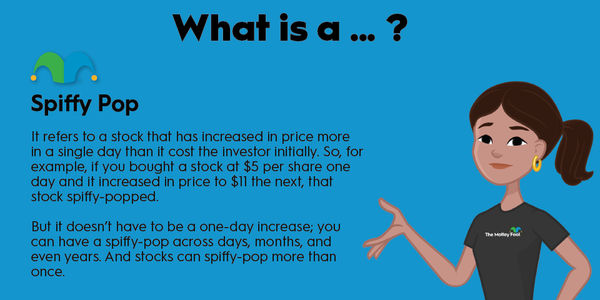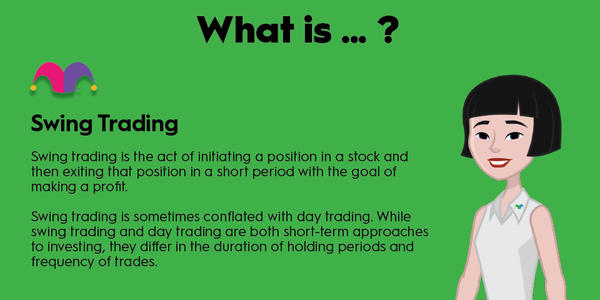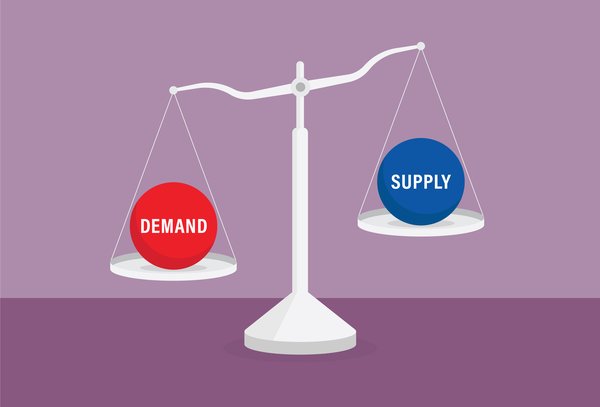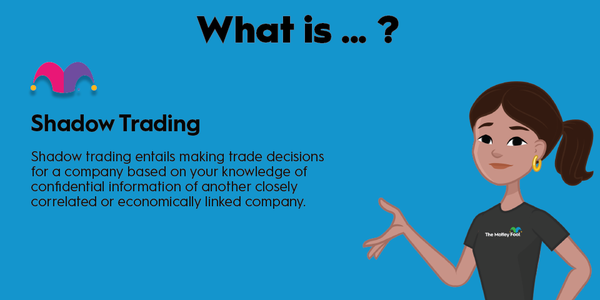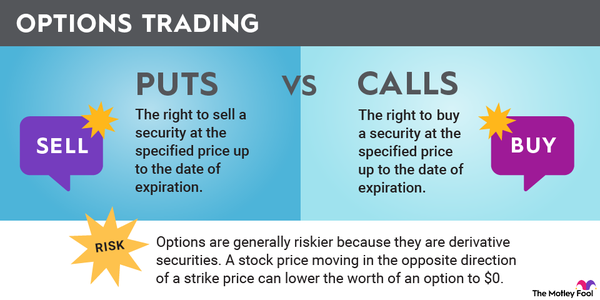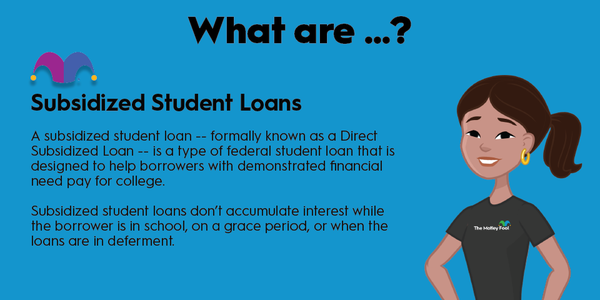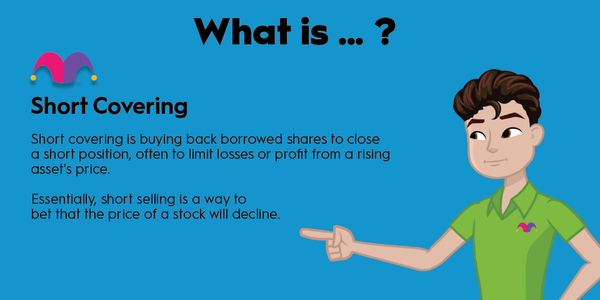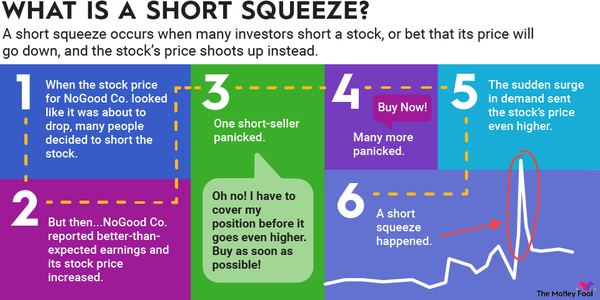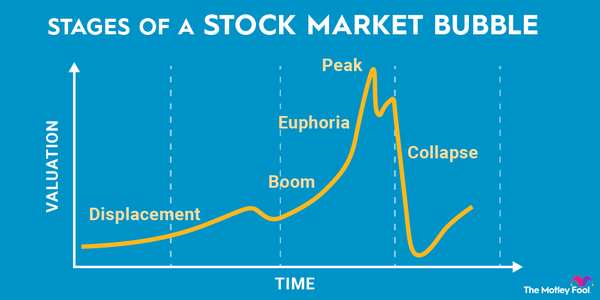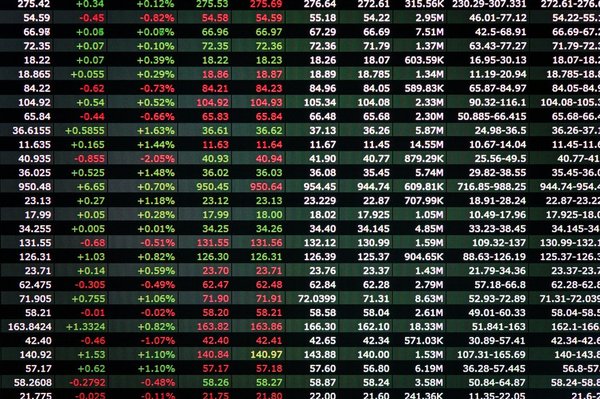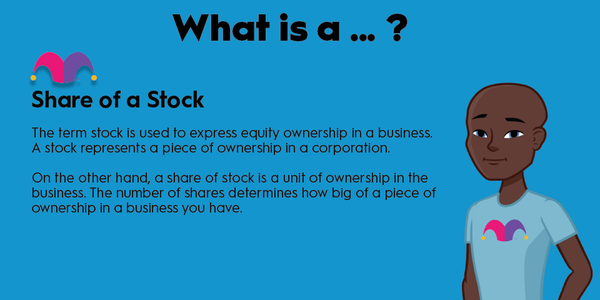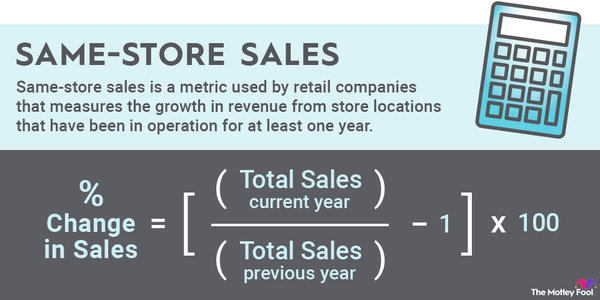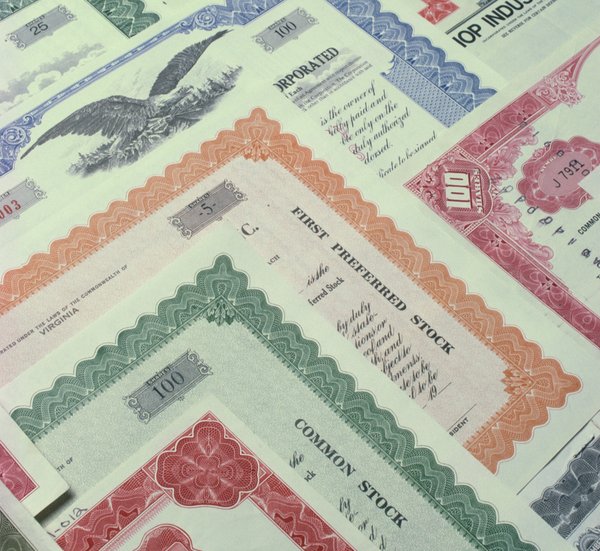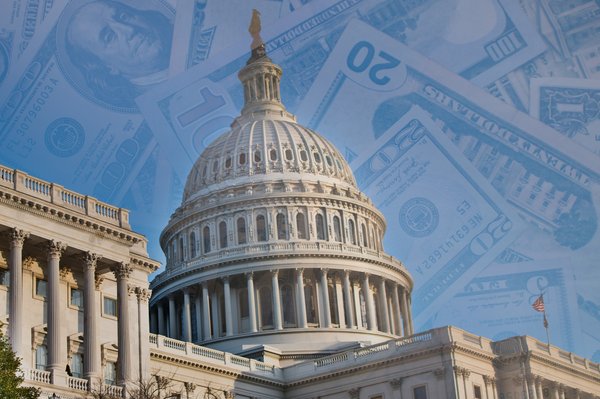Investors seeking exposure to Bitcoin (BTC -0.87%) without directly holding the cryptocurrency have a new avenue. On Jan. 12, 2024, the Securities and Exchange Commission (SEC) approved 11 spot Bitcoin ETFs, adding a new asset class to the cryptocurrency market.
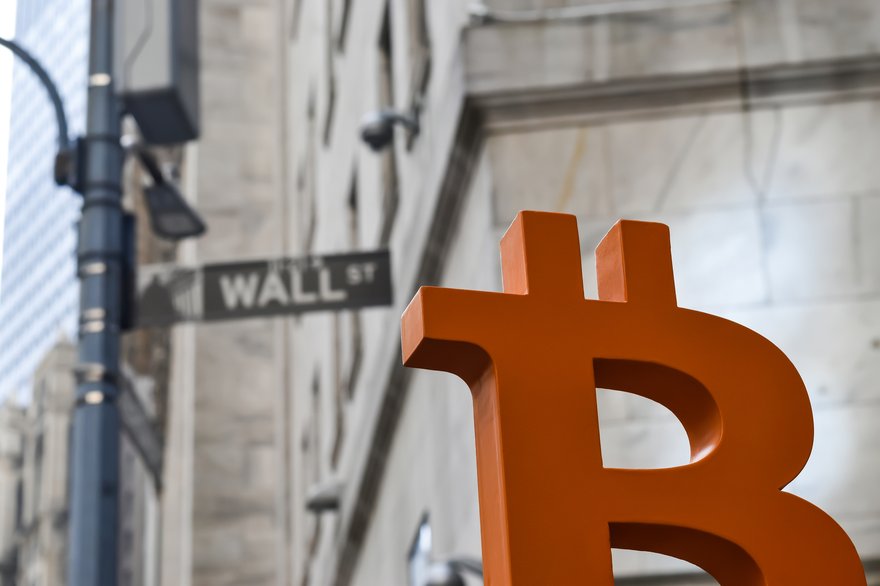
What are they?
Understanding spot Bitcoin ETFs
A spot Bitcoin ETF is an exchange-traded fund (ETF) that tracks the actual price of Bitcoin (BTC -0.87%).
ETFs give investors access to many different types of investment in a package that largely behaves like a single stock. The fund manager sets up a portfolio of the desired investment type, which can be as simple as physical gold or a sophisticated portfolio of many stocks. In this case, each spot Bitcoin fund manages a collection of actual coins.
Unlike futures-based ETFs, which are tied to derivative contracts speculating on future Bitcoin prices, spot ETFs hold the cryptocurrency directly. This means the ETF's performance is intended to mirror the real-time price of Bitcoin, offering investors a transparent and accessible way to invest in the digital asset.
Why they're important
What's the big deal with spot Bitcoin ETFs?
The approval of spot Bitcoin ETFs marks a significant shift in the crypto landscape.
These funds provide a regulated investment vehicle for both institutional and retail investors, potentially increasing Bitcoin's accessibility and credibility. They allow for easier portfolio diversification in a standard stock-trading brokerage. You get the convenience of making Bitcoin trades in the same way you'd buy or sell stocks. Spot Bitcoin ETFs provide all these benefits while mitigating the risks and technical barriers associated with buying and securing Bitcoin directly on a cryptocurrency trading platform.
Also, the regulated ETF provides extra protection for your Bitcoin investment. The cryptocurrency itself has never been hacked, but several crypto exchanges have fallen prey to scams or security breaches over the years. Assuming that the Bitcoin platform's data security continues to defeat every possible attack, the ETF format arguably moves the entire data security risk from individual investors to a team of professional money managers.
Downsides
The downsides of a spot Bitcoin ETF
The new asset class comes with many benefits but is not a perfect investment structure.
Investors in spot Bitcoin ETFs are still subject to several risks and challenges:
- Bitcoin is a volatile cryptocurrency, prone to sharp price swings at the drop of a hat. ETFs striving to reflect these fast-moving prices will experience the same unexpected changes, both up and down.
- Most ETFs are covered by federal insurance plans, shielding investors from various financial risks. That doesn't apply to the spot Bitcoin ETFs yet. The regulatory framework for digital assets is still under development, with no rules in place for managing federal insurance coverage yet.
- The ETFs will stay within a rounding error from the active Bitcoin price, with a couple of caveats. Bitcoin prices will change after market close, at any time on Saturday night, or even on national holidays. Every ETF closes its books at 4 p.m. ET on weekdays, respecting holidays and other days without stock-market action. So, the new ETF class comes as close to the real thing as possible, but owning real Bitcoin still lets you react more quickly to price changes or market news after the closing bell.
- The tax treatment of Bitcoin and Bitcoin ETFs can differ, which may have implications for investors' tax liabilities. Again, digital assets are still new and immature, leaving many tax questions unanswered.
- Every ETF comes with a management fee, compensating the fund manager for running the show. The annual fees range from 0.19% to 1.5%, which may not sound like much, but these expenses will add up in the long term. A 1.5% annual fee will take away 16% of your returns in a decade.
How to invest
How to invest in a spot Bitcoin ETF
Investing in a spot Bitcoin ETF may be easier than opening a new account to trade actual cryptocurrencies. Still, this investment requires the same due diligence as any other cryptocurrency bet.
Investors should consider the ETF's fees, which can affect returns, the trustworthiness of each fund issuer, and the idea of tying your investable dollars to cryptocurrency prices in the first place. These ETFs simplify the process of investing in Bitcoin, but the underlying asset still carries the volatility and risk inherent to cryptocurrency markets. Potential investors must work out how a spot Bitcoin ETF fits within their overall investment strategy and risk tolerance long before taking the plunge with a real-money investment.
Related investing topics
The 5 largest spot Bitcoin ETFs
The five largest spot Bitcoin ETFs, as of March 2024
Here's a quick look at the five largest and most heavily traded spot Bitcoin ETFs as of March 2024. More fund managers may join the original group of 11 names over time, and the market data changes several times per minute. That being said, these five ETFs are off to a running start, and the sixth-largest fund was worth less than $300 million at the time of writing.
| ETF Name | Price Per Share | Net Asset Value | Annual Fee |
|---|---|---|---|
| Grayscale Bitcoin Trust (NYSEMKT:GBTC) | $63 | $43.7 billion | 1.50% |
| iShares Bitcoin Trust (NASDAQ:IBIT) | $40 | $14.1 billion | 0.25% |
| Fidelity Wise Origin Bitcoin Trust (NYSEMKT:FBTC) | $62 | $6.2 billion | 0.25% |
| ARK 21Shares Bitcoin Trust (NYSEMKT:ARKB) | $71 | $2.0 billion | 0.21% |
| Bitwise Bitcoin ETP (NYSEMKT:BITB) | $39 | $1.5 billion | 0.20% |
Each fund above (and the six options not mentioned here) comes with unique qualities, which may tip the scales when you're looking over the different options. For example:
- The Grayscale fund was a basic mutual fund for years until the SEC approved its ETF conversion.
- The iShares fund is managed by financial giant BlackRock (BLK 0.69%), and the ARK option comes from famed growth investor Cathie Wood's firm.
- Most of the ETFs manage their Bitcoin holdings and trades through a third-party service, but Fidelity runs its own cryptocurrency trades in-house.
- Bitwise donates 10% of the fund's profits to three non-profit organizations involved in developing and maintaining Bitcoin's code base.









